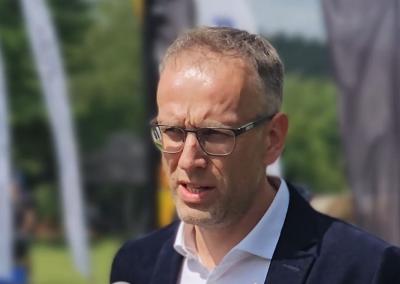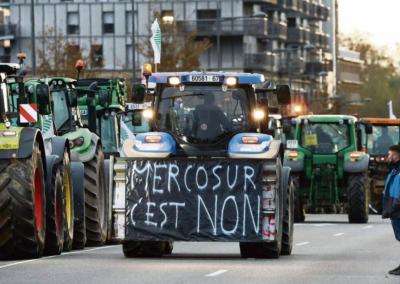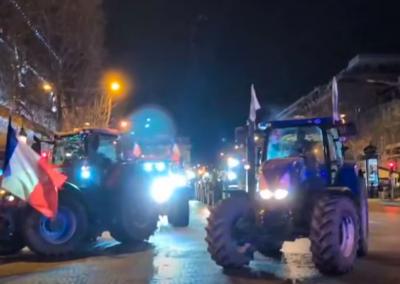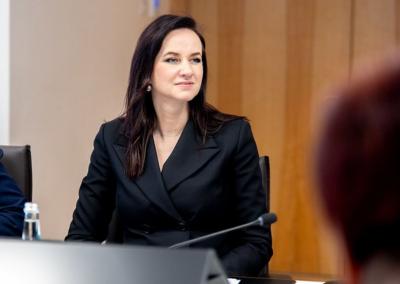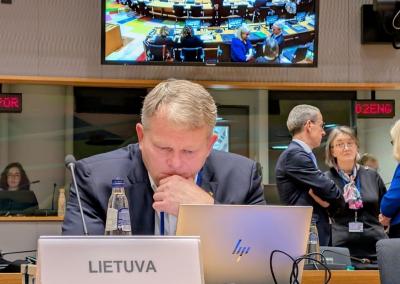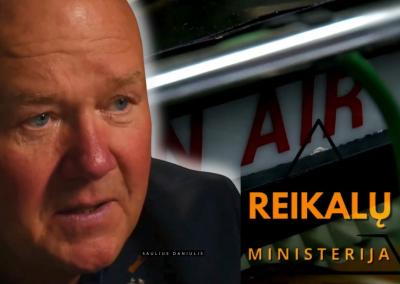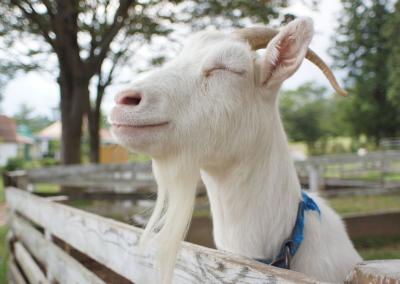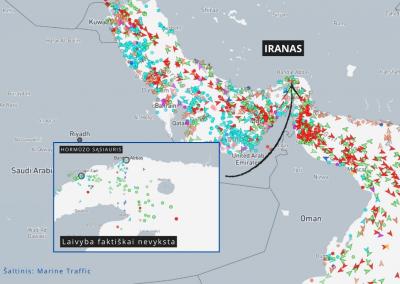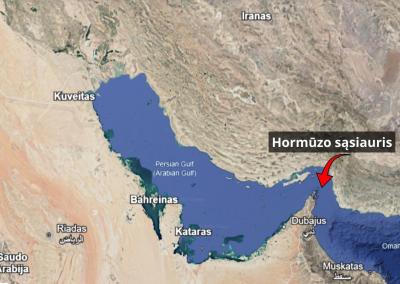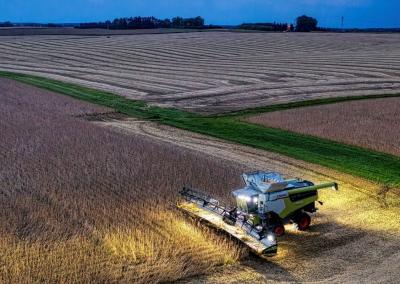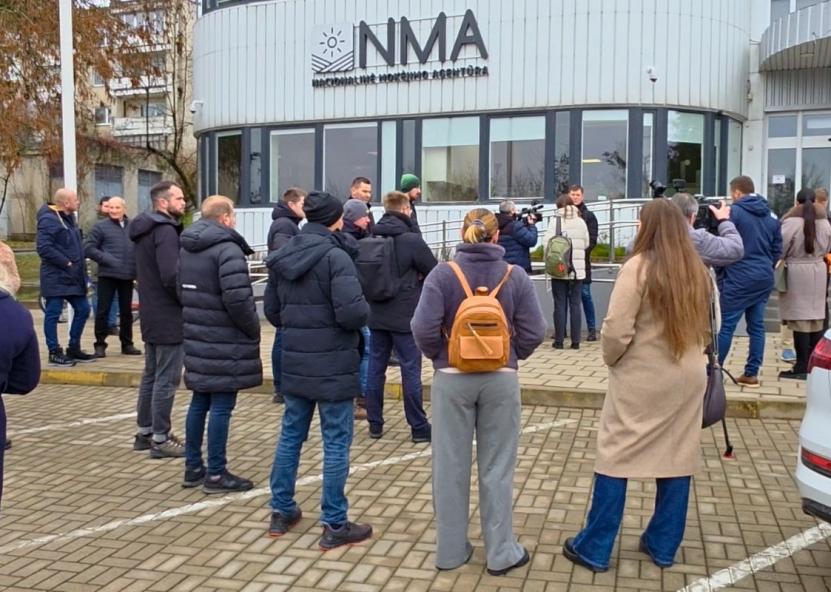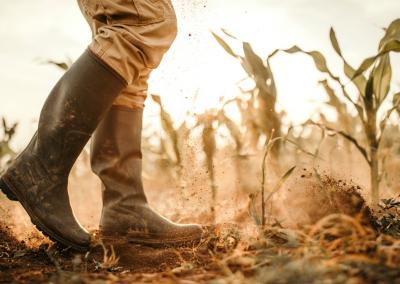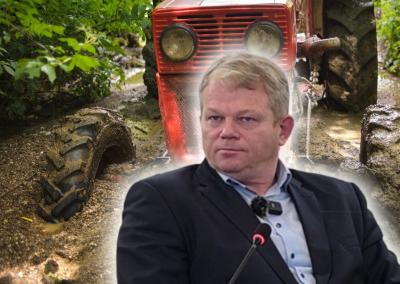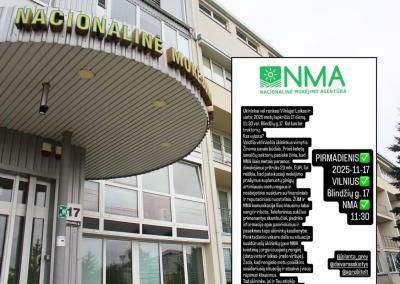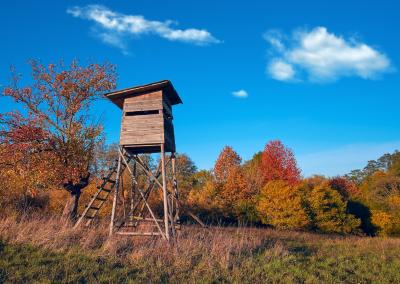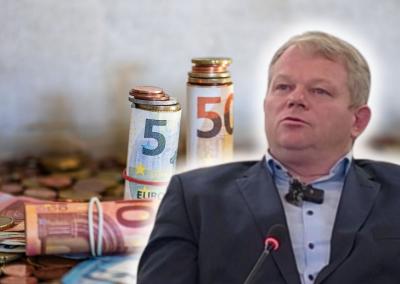Farmers' organisations will (not) support the farmers' action
The National Paying Agency (NPA) has started pressing farmers on the list of 163 farmers to sign agreements to be paid next year instead of this year. In a closed group on the social networking site „Facebook“, farmers shared that the financial burden for some of them would increase from a few thousand to 12 000 euro or more if they do not receive payments on time and do not pay the contractors who implemented the project. Farmers do not rule out the possibility of a class action against the State. Agrobite asked whether farmers' organisations would support them in this case.
FAR – consulted on legal basis
Raimundas Juknevičius, President of the Lithuanian Farmers' Union (LŪS), informed that their organisation has contracted a lawyer to help members with legal issues.
„Of the 163 farmers who are in a difficult situation, several are thinking about taking legal action and consultations with a lawyer on the matter have begun“, – revealed R. Juknevičius and added.
Whether the union would still contribute financially to a joint action, the chairman hesitated to answer and suggested waiting until it became clear whether there would be a legal basis for this at all.
LFA – the money is there, it's just a question of time
Jonas Vilionis, Chairman of the Lithuanian Agriculture Council, reassures: „The money will be paid – the only question is when. It's just a question of time&ndquo;.
According to him, the Ministry of Agriculture is currently making every effort to ensure that neither banks nor other institutions put pressure on farmers and agree to pay out for a longer period. „Nobody is against farmers. Everybody is just working for their benefit," Vilionis assured.
The President of LFA did not make too much of the farmers' intention to go to court.
„Ai, there are all sorts of people, one in one party and another in another. One doesn't like one minister, another doesn't like another. Who would be better off if only the highest scoring applications were accepted and the others rejected and the money had to be returned to the EU?"– rhetorically, Vilionis wondered and assured that if a member of the associations belonging to the council was going to take the matter to court, he would invite the minister and they would sit down at the negotiating table.
„If the issues are resolved, it will be agreed when the money will be paid out, then why all the drama“, – concluded the LFA Chairman.
LPA – a matter of self-respect and esteem
„I don't see the justification and the need to go to court, because the question is not whether it will be paid, the question is only whether it will be paid from the RDP or from the SP, i.e. from which period of time“,– the Director of the Lithuanian Poultry Farming Association, Gytis Kauzonas, made a strong statement.
„The Ministry has done a lot – it has delayed the application deadlines, the submission of payment requests, so that only the farmers could have time to implement their projects. If the Ministry had strictly followed the rules, had not made concessions, some €80 million would have had to be returned to the EU. The Ministry went towards the farmers, changed the requirements, took more responsibility for itself, and now it just says that it will pay out the money from the next period. 97% of the farmers are completely indifferent as to the period from which the funds will be allocated," Kauzonas continued.Some farmers, he said, would not have been able to implement their projects or receive any money at all without the concessions granted by the Ministry. Therefore, the LPA Director believes that it is not correct to make a fuss when you have received so many incentives: „It's a matter of self-respect and respect.
Other associations – are watching and not interfering
The Chairman of the Lithuanian Association of Meat Cattle Breeders and Improvers, Nerijus Gricius, the President of the Association of Lithuanian Agricultural Companies, Eimantas Pranauskas, and the Chairman of the Association of Lithuanian Agricultural Cooperatives, Dainius Kižauskas, did not raise the issue at all in their organisations, as their members either did not participate in the projects or did not face this problem.
Heads of the organisations, however, assured that they were monitoring the situation from the outside, although they did not intervene in it.
„We are aware of the situation, we are monitoring it, we support the farmers, but it is up to the farmers to deal with the situation,'' said Mr Kižauskas.


